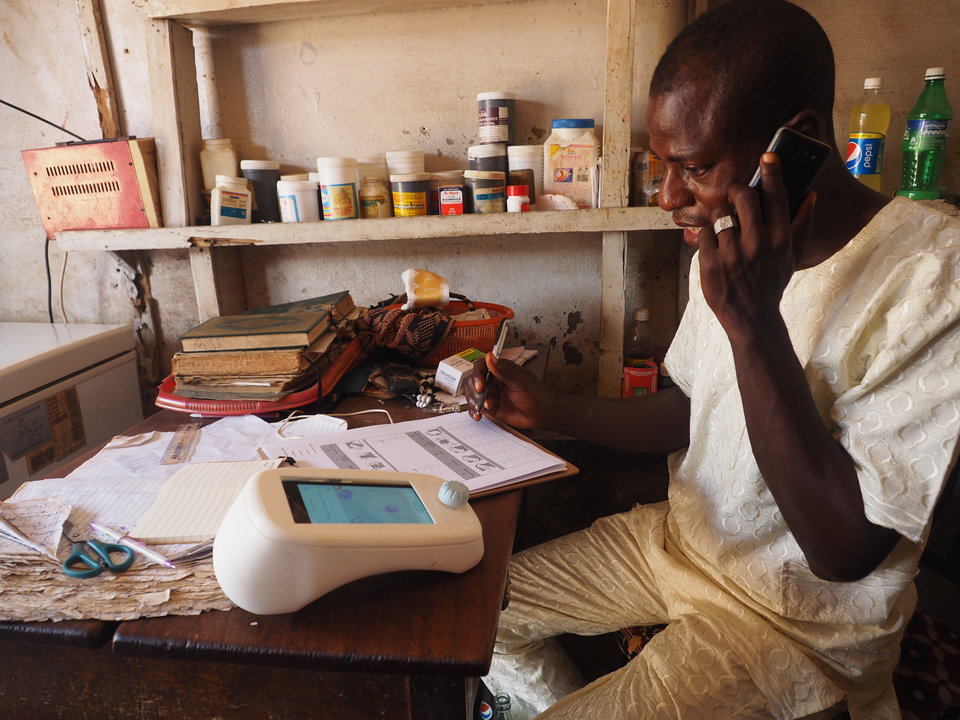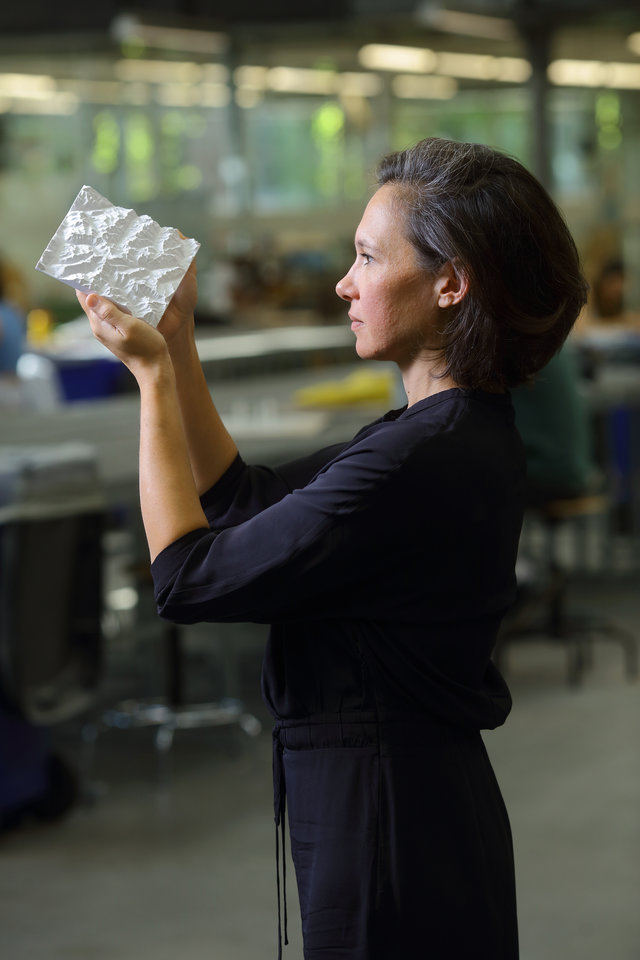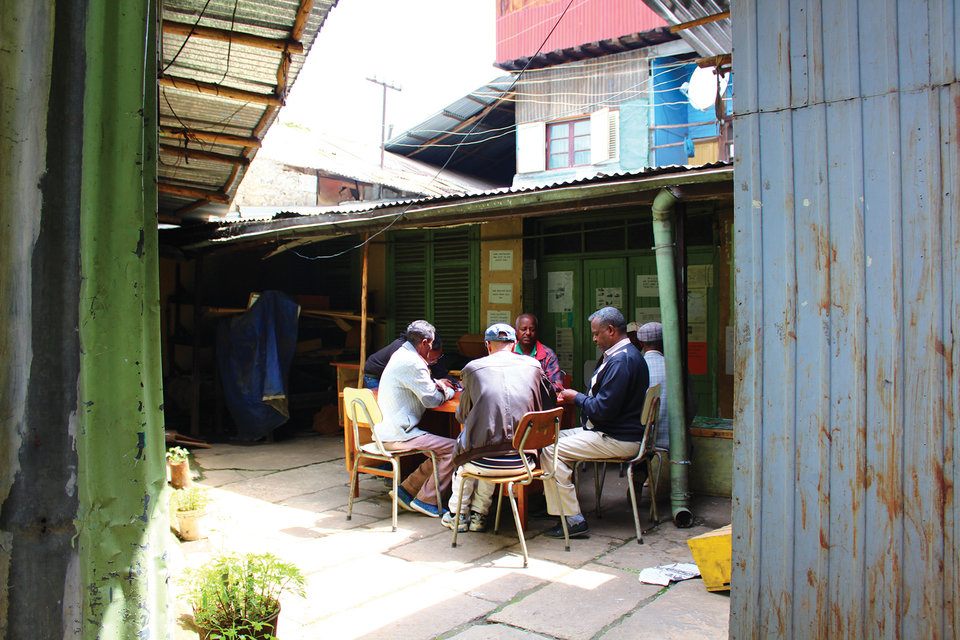Reducing Post-Harvest Waste in the Peri-Urban Horticultural Sector
By Hugo
Conducting research in a country so different from my own was challenging, but it offered the opportunity to speak to people from drastically different walks of life, so that I obtained a fuller image of the society I was living in than I got even in my own country.
Hugo
For my master thesis Management of Technology I investigated the social obstacles for deployment of cold chain technology to the fresh vegetable sector in Kumasi. The field research consisted of a series of interviews with Ghanaian stakeholders and experts, for which I visited the country for five weeks. The research was conducted in partnership with Kwadaso Agricultural College and Holland Greentech.
Post-harvest food loss, that is spoilage between harvest and sale to the consumer, is much higher in developing countries than developed ones. This decreases availability of perishable foods such as fruit and vegetables, which reduces food security and nutrition. The high losses are usually caused by improper storage and transport, and especially a lack of temperature control. The Ghanaian climate, with high temperatures and humidity, can cause decay to become so fast that food is often partially rotten by the time it comes to market. The losses can be reduced by introducing climate control technology in storage and transport, but previous attempts to do so have met with limited success.
My research focused on social barriers and enablers to the deployment of cold chain technology, including professional networks and informal relationships. My most significant findings include the role of informal risk- sharing agreements in building social ties, conflicts of interest between producers and retailers, and the role of professional networks in amplifying the positive effects of education. Furthermore, the people I interviewed emphasised the importance of choosing the right technology for the right context. Devices and methods that theoretically improve yields and profits can go unused if the user experiences insufficient benefits in the short term, and if their current business model is unsuited to making optimal use of the new technology
Conducting research in a country so different from my own was challenging, but it offered the opportunity to speak to people from drastically different walks of life, so that I obtained a fuller image of the society I was living in than I got even in my own country. The experience was very impactful to me, and I am very grateful for the opportunity, as well as the insight and support of our partner organisations.



